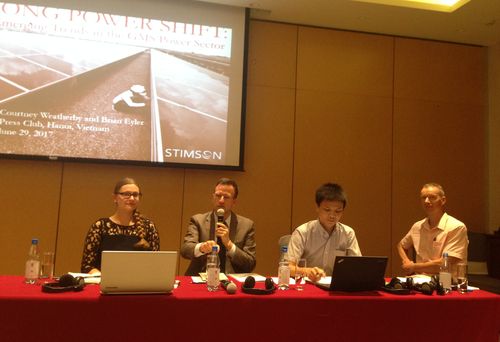Tucked away in the highlands of Hà Giang, the small…

Seminar “Power Shift: Emerging Trends in the GMS Energy Sector and Implications for Vietnam”
Today, the renewable energy transition and regional power market development are changing the global power landscape at a rapid rate. However, few governments in the Mekong basin are seriously considering these emerging opportunities, and national power plans continue to be built around traditional models of point-to-point production and transmission from large, centralized coal and hydropower projects. There are significant opportunities for Mekong countries to leapfrog and ensure that future energy mixes and grid operations take advantage of emerging technologies and dynamism in the global electricity market. A transition to a more flexible approach that incorporates emerging renewable technology and innovations in power transmission models could produce more power with fewer and less impactful dams on a regional scale.
The issue brief “Power Shift: Emerging Trends in the GMS Power Sector” , the fourth in Stimson’s “Letters from the Mekong” series, explores the shifting terrain for powersector development in the Greater Mekong Subregion (GMS), analyzing hydropower within the context of a broader range of emerging factors and opportunities that could lead to a sea change in the way that Mekong countries approach energy security, regional electricity trade, and sustainable development.
In order to share this research results as well as discuss possible recommendations for Vietnam Power Sector, on 29th June 2017 in Hanoi, People and Nature Reconciliation (PanNature), Henry L.Stimson Center, International Union for Conservation of Nature (IUCN) have co-organized Dialog: “Power Shift: Emerging Trends in the GMS Energy Sector and Implications for Vietnam”. NGOs, Experts and Media representatives have joined the event.

References:
The issue brief “Power Shift: Emerging Trends in the GMS Power Sector”: Presentation; Summary.



